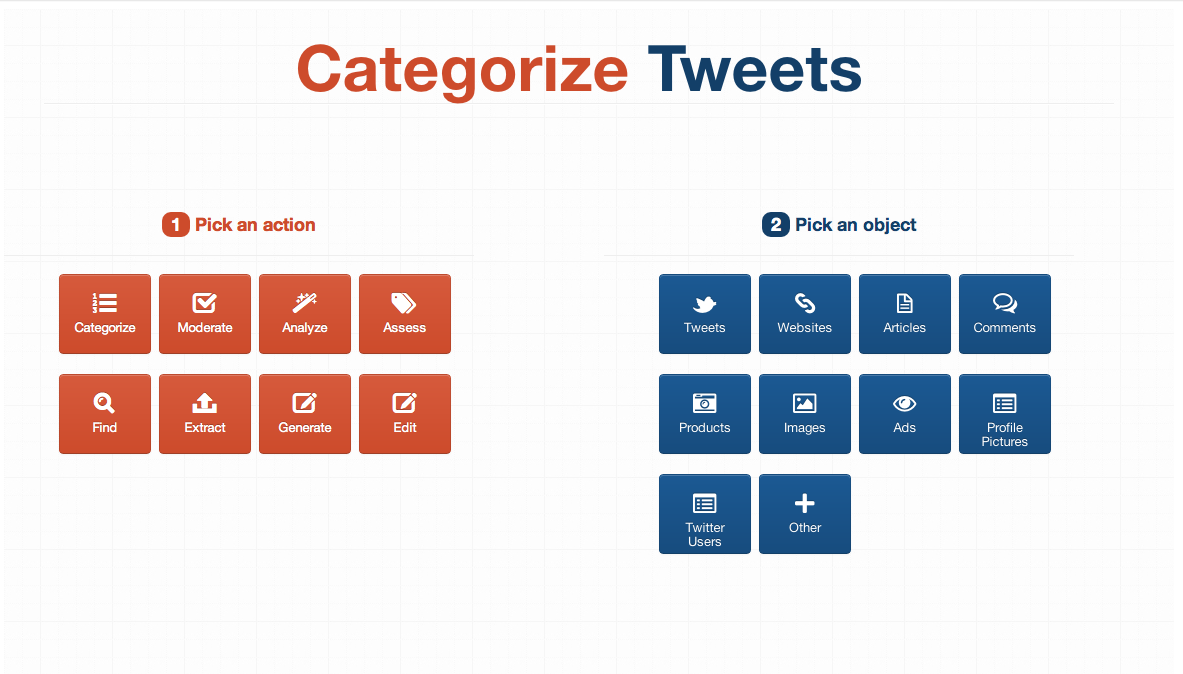We’ve all been there — sometimes there’s work that needs to be done, but it’s too tedious or too time-consuming to devote your own resources to. Services like Amazon’s Mechanical Turk have popped up to provide an inexpensive way to get that stuff over and done with, but the team at Houdini sees a problem with this setup: how can you be sure the results are actually going to be any good?
To help address that issue, co-founder Muhammad At-Tauhidi showed off a service called Houdini at the ERA Demo Day here in New York City. His team’s goal? To fix the quality issues that can arise when entrusting in strangers for the work you need done.
What Houdini essentially does is sit between the users and the services like Mechanical Turk that promise dirty deeds done dirt cheap. Once logged in, users (be they individuals or businesses) can create specialized requests for tasks that need to be completed by pairing specified actions with data types — combining the “edit” action with the “articles” data type for instance brings up a work order geared toward cleaning up text. From there, users can describe their particular needs in greater detail, and pass that request along to Amazon’s thousands of Mechanical Turks.
But that’s only one side of the equation. Houdini’s major selling point is that it works to categorize those legions of anonymous workers. “[It] organizes anonymous workers into curated crowds of users with certain specialties for the right tasks,” At-Tauhidi stated on-stage. He (sadly) wouldn’t divulge how his secret sauce works, but he did admit that a “combination of metrics, artificial intelligence, and internal review” went into the organization process. On the off-chance that one of the workers assigned to your task wasn’t vetted properly, users also have the option of reporting them to keep the service as solid as possible.
I freely admit that Houdini’s particular approach to managing the quality of outsourced work may seem a bit niche, but it’s already managed to turn a few heads with some specialized companies and startups. As it turns out, one of them may be familiar to Disrupt attendees —Disrupt NY Battlefield competitor SnipSnap leaned pretty heavily on Houdini’s API to get all of its users’ coupons converted transcribed in a timely manner. At-Tauhidi noted that the company has completed over 8,000 hours worth of work since early 2012, and though Houdini is still in private beta (there’s something like 380 companies waiting to get in) it has generated over $55,000 in gross revenue. Not too shabby, guys.

